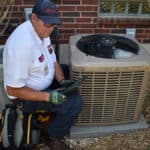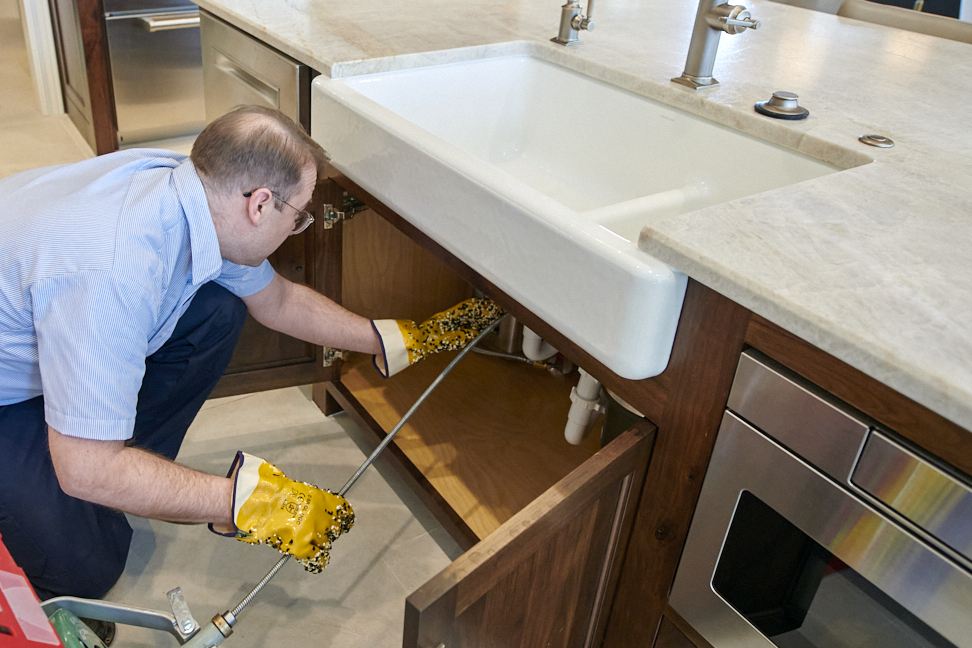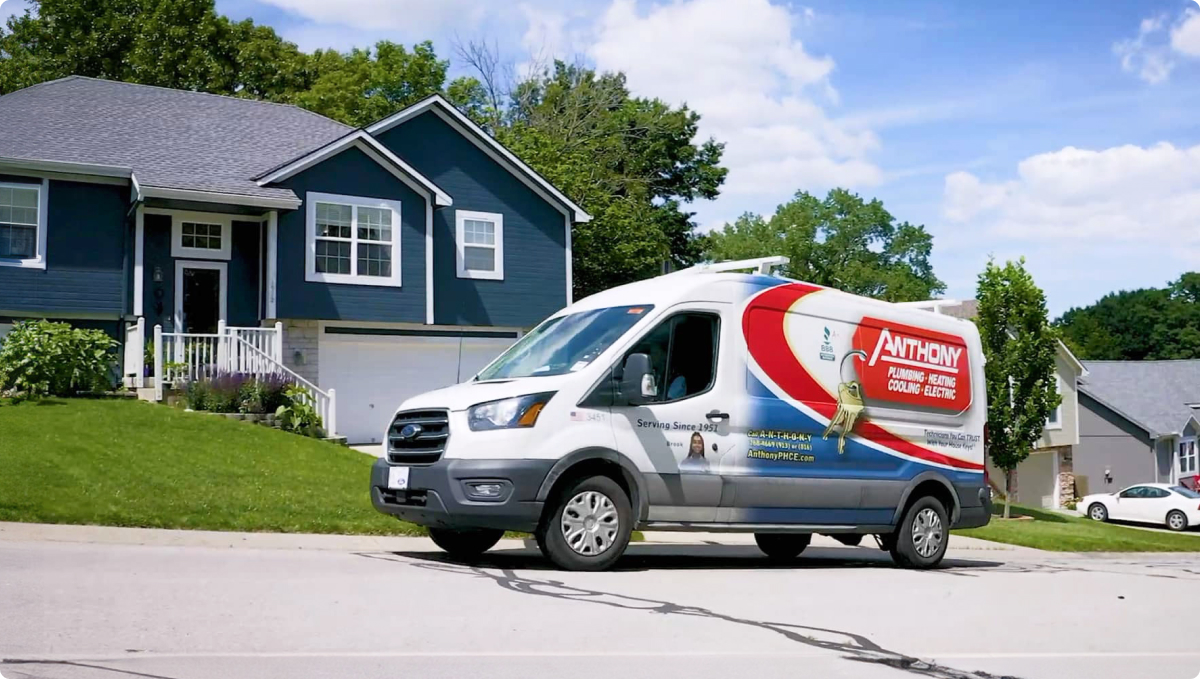Is Your AC Blowing Hot Air?

Is Your AC Blowing Hot Air?
This week the cooling companies in Kansas City will be working long hours to take care of everyone who just found out their central air conditioner isn’t up to this heat and humidity.
“Every year, the first time it hits 80 degrees for a few days, we can expect a wave of calls from people who just turned on their air conditioner and learned it’s not performing,” said Steve Burbridge, Anthony Plumbing, Heating & Cooling. “The most common complaint we hear is that the air is blowing, but it’s not COLD air.”
There are a few reasons an AC blows warm air, some the homeowner can check, and others require special tools and certifications (like handling refrigerant) that should be left to a professional.
• Thermostat turned to heat. Check your thermostat, make sure it’s on COOL, not HEAT. This seems obvious, but sometimes overlooked.
• Dirty air filter. A dirty, clogged filter will choke off the air flow to the indoor cooling coil and eventually the coil freezes into a block of ice. This will be evident with frost or ice on one of the copper pipes leading from the indoor coil to the air conditioner outside.
• Low on Refrigerant. A very tiny hole can allow refrigerant to leak out over the winter. Low refrigerant is also evident by frozen pipes. If you had to add refrigerant last summer, chances are you will again. This requires a qualified, licensed HVAC technician to measure the coolant level and add to restore capacity. There is no guarantee the refrigerant will last. If you’ve had to add refrigerant at least twice in a season, it may be time to upgrade to a high-efficiency unit that utilizes non ozone-depleting refrigerant.
“If your AC has frost on the refrigerant piping, you want to thaw it out by turning the system OFF and set the FAN to ON,” adds Burbridge. “The technician cannot perform service if it is frozen, and you will have to schedule another appointment . . . and wait all over again.”
In the first few weeks of the season, most HVAC companies are slammed. Companies will schedule their maintenance customers, those who have annual tune-ups, as priority. Having the annual tune-up plan will cut down the need for repairs, too. Industry statistics show that close to 70% of repairs could have been avoided with annual maintenance.




